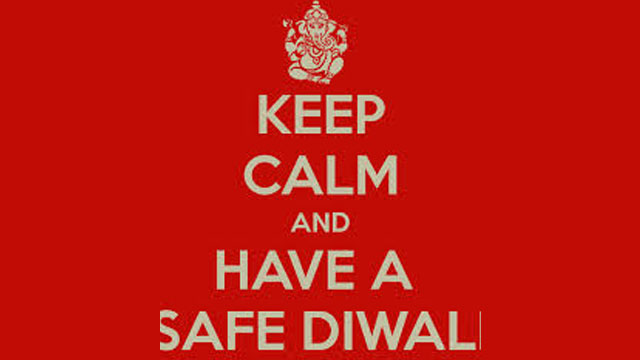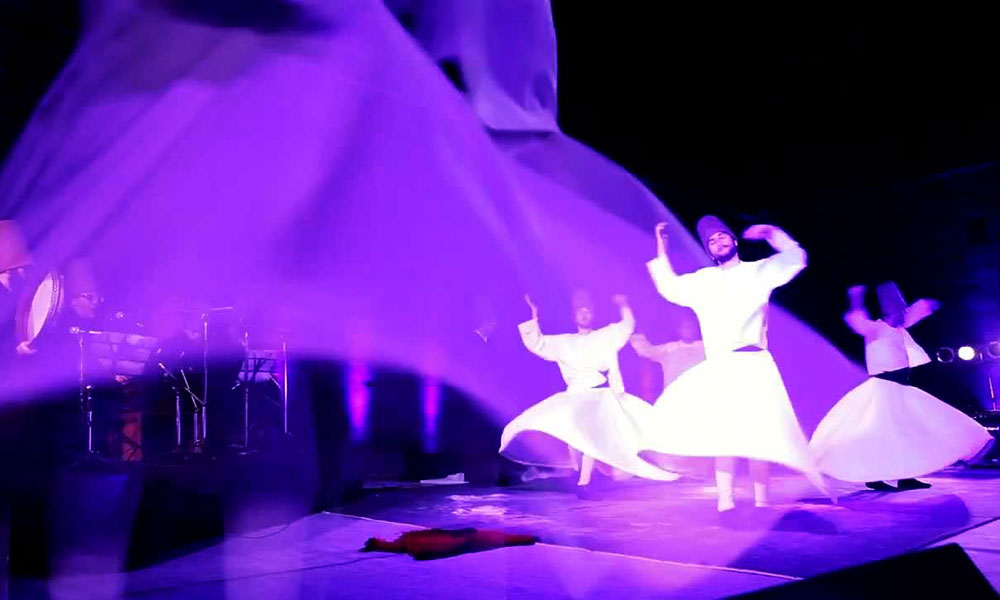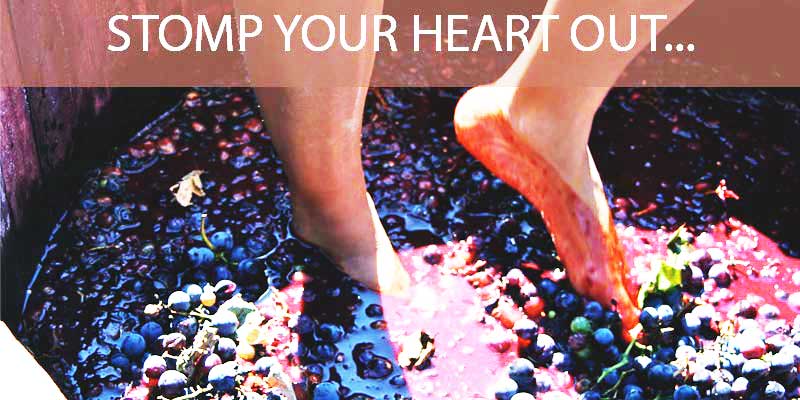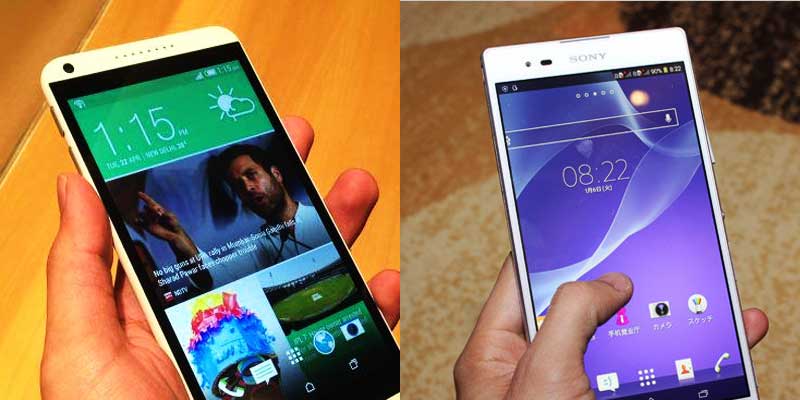With numerous cases of burns and irritation reported every year during Diwali, experts feel exercising a little caution could help in avoiding burn injuries.
With numerous cases of burns and irritation reported every year during Diwali, experts feel exercising a little caution could help in avoiding burn injuries. But Diwali does not mean only burn injuries, doctors also warn about damage to the eyes and ears and for those with breathing problems, asthma attacks.
While preparations for the festival of lights have begun, doctors say people must keep in mind preventive measures for any hazards that may occur, especially from the careless use of crackers.
“As crackers are a great attraction among children, the use of these should only be allowed under adult supervision. Also, the wearing of synthetic clothes should be completely avoided as these are highly inflammable,” Pinak Shrikhande, additional director for critical care at Fortis Hospital, told IANS.
He said despite measures being taken, if there are cases of burns then water should be kept handy to cool the burning sensation.
“The area of burn should be exposed to running water, after which only clear ointments like Neosprin or Silverex should be applied,” Shrikhande added.
The use of coloured ointments are strictly prohibited, as this prevents doctors from examining the depth and intensity of the burn.
“A first degree burn causes redness and applying a clear ointment will help. In a second degree burn, the person may develop blisters, while in the third which is the most severe the skin is completely charred and could turn white,” Kuldeep Singh, additional director for critical care at Fortis Hospital, told IANS.
Hence, getting medical assistance becomes a must for second and third degree burns as ignoring deeper burns could destroy the inner tissues and muscles.
“If the person experiences pain on the site of the burn, it is a good sign which suggests the burn is not severe. But if pain is not felt, then there are high chances that nerves must have been destroyed,” Kuldeep Singh added.
While burns are a major concern during Diwali, crackers also cause severe problems for people with respiratory diseases like asthma and bronchitis.
Fireworks like ‘phuljaris’ and ‘anar’ include highly toxic heavy metals like copper, lead, zinc, sodium and potassium that can trigger asthma and cause severe headaches and lung diseases, apart from chronic coughs.
“As the pollution level shoots up due to lighting of crackers, people with hypersensitive airways should stay indoors to avoid inhaling polluted smoke,” Manav Manchanda, senior consultant (Respiratory Medicine) at the Asian Institute of Medical Sciences, told IANS.
Eyes being a very sensitive part of the body, the hazards from crackers are also numerous; so doctors advise wearing glasses while playing with crackers as chemicals in them can cause perforation of the eyes and even affect one’s vision.
Raj Anand, senior eyecare specialist at Vasan Eye Care told IANS: “Chemical and thermal injuries to eyes are all time high during Diwali. Heat from the crackers can melt the cornea, an injury which is irreparable.”
Eye specialists also strictly restrict the use of contact lenses while playing with crackers.
“Contact lenses may cause irritation to the eyes if exposed to high heat for a long time. In case there is any irritation in the eyes, lots of cold water should be splashed and care should be taken,” added Anand.
With the scare of burns and effects on the eye, crackers also cause serious injury to the eardrums; so wearing of ear plugs is suggested by ENT specialists.
“Besides damaging your hearing, loud noise can also affect your body in other ways. Exposure to noise can cause high blood pressure, difficulty in sleeping and mental health problems like anxiety, depression and headaches,” said Lalit Mohan Parashar, senior consultant, ENT Nova Specialty Surgery.
In sum, the doctor’s advice is simple : Play safe, be safe this Diwali.
-IANS





